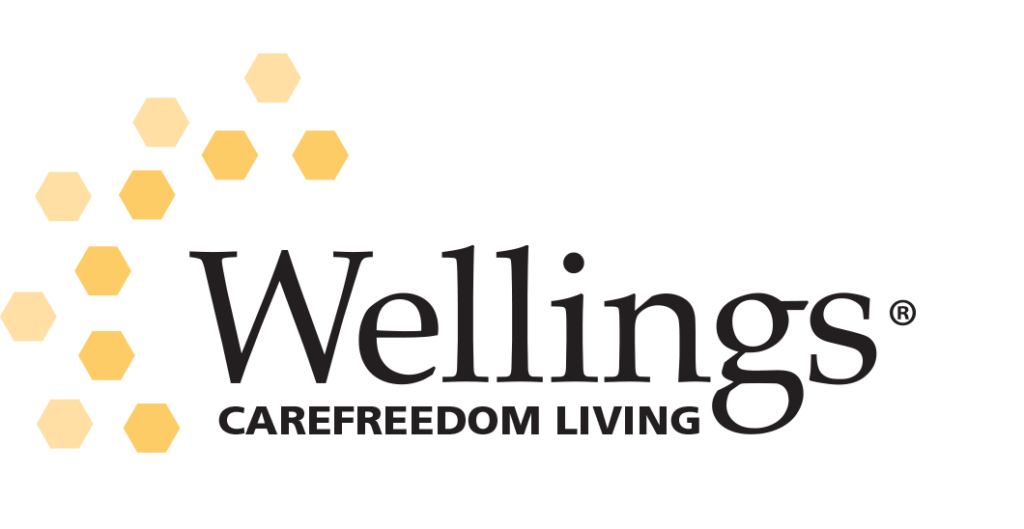What do you think of when you hear the word mindfulness? Do you imagine a guru sitting crossed-legged on a mountain top chanting? Frankly, I think mindfulness could use a new public relations campaign, so that we can all appreciate the benefits of this simple yet powerful practice. I want to share with you how mindfulness might be something you can use every day in your life to manage stress, like a secret superpower.
It’s challenging for our busy thinking mind to understand that taking the focus off of our worries is a good thing. We “think” we have to think our way through everything but just like our body needs rest, our mind needs a break too. We’ve all been on a kooky emotional roller coaster ride, since this Pandemic pause began. Depending on your circumstances, you may be managing working from home, schooling for your children, you might be concerned about your investments, your family and friends, grieving loss of a loved one, your former life and there’s always the underlying fear that you might get sick.
Mindfulness is part of a deep-rooted Buddhist ritual; it’s a practice, just like being grateful is a practice. Once we start to notice what we’re grateful for in our lives, we’ll always find that there’s more to be grateful for but we have to develop the habit of seeing our world this way. Same thing goes for mindfulness, which is the practice of being present in the moment. Our beautiful brain is wired to anticipate what’s coming in the future and it loves to ruminate on what’s already happened whether it’s good or bad. The practice of mindfulness interrupts this ingrained pattern and allows us to be present without attachment to any of the concerns we have about the future or the past. The thing is it’s fleeting, so we have to be mindful of what thoughts are coming up and through practice, train our mind not to judge our thoughts and not to allow those thoughts to prevent us from living fully.
Mindfulness can be meditation but it doesn’t have to be. What if I suggested sitting comfortably with your eyes closed and just observing your breath for a few minutes. Breathing in and breathing out without judging anything, just observing. That’s a form of meditation and that’s not so weird is it? In my view, mindfulness is about becoming the observer of our thoughts without feeling that we have to jump in and engage with them. With practice, we become skilled at bringing our attention back to the present moment when we get carried off by a thought about something.
A lot of the stress we’re feeling these days is the result of speculative thinking because there is so much uncertainty in our world right now. Going over and over what we don’t know doesn’t soothe us, it does the opposite. So mindfulness can start by allowing for an awareness of how much time we invest in these questions with no answers. What if, instead of allowing random thoughts about all of our concerns, we focus on what we can do and choose one thing; then do it. That’s being mindful. If you pause when you notice your thoughts are taking you in six directions and just focus on your breath. Breathe in; breathe out. That’s being mindful.
Some people enjoy meditating, some love to colour. Some enjoy listening to music and for others it’s all about exercise. There’s no wrong or right way; certainly not just one way to nurture mindfulness. The key is to interrupt the constant stream of the 60,000 to 80,000 thoughts that bombard us every day and take up a lot of our brain’s bandwidth.
Beginning the day with a few minutes focused on mindfulness whether it’s writing in a journal, taking a walk outside, sitting quietly with a morning beverage or listening to a guided meditation, all of these practices can set us up to more easily manage our thoughts throughout the day. Then it’s important to move through the day, looking for the good in it and only focusing on one thing at a time. We’re very capable of multitasking and sometimes we think it’s the only way to get things done but multitasking is a myth; research has shown that it’s best for our mental wellness to focus on one task at a time.
However you choose to be mindful, whether it’s looking for ways to help others, learning something new or exercising, you’re supporting a healthy immune system, you’re preventing your cells from aging quickly and you’re taking charge because while there’s a lot we don’t know right now, there’s so much we can do to improve our mindset which is the only thing we have control over at any time. So, as you pursue your mindfulness practice, remember that your thoughts are powerful and you’re in charge of them.
Here is a list of suggested ways to practice mindfulness:
- Take deep, slow belly breaths.
- Do some gentle stretches.
- Paint something.
- Sit or walk in nature observing everything around you.
- Move slowly.
- Observe art.
- List what you’re grateful for.
- Listen to music.
- Listen to a guided meditation.
- Write in a journal.

This Wellings blog by Kathie Donovan was exclusively written for Wellings Communities and appeared first on MyWellings.com.

